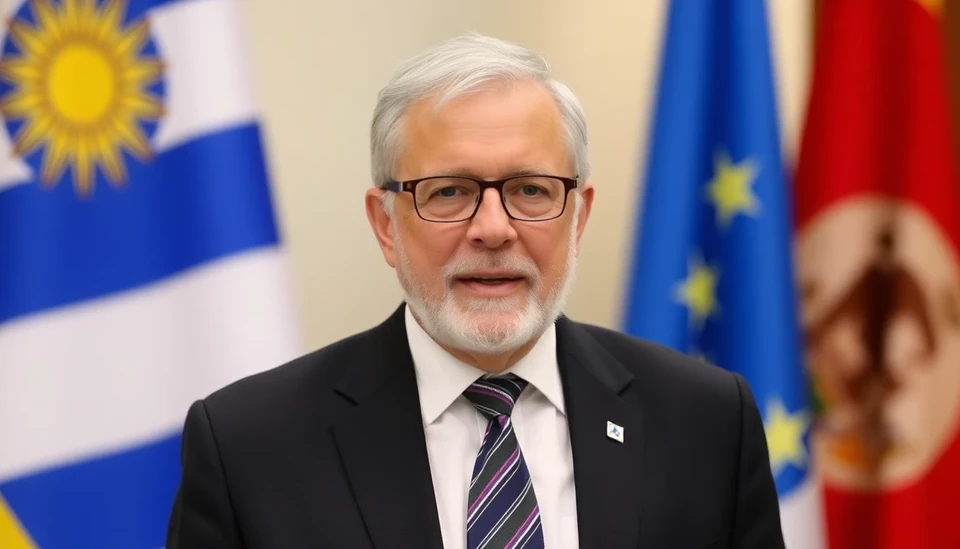
The Central Bank of Uruguay has recently announced a significant increase in its key interest rate, raising it from 8.75% to 9.25%. This decision comes as part of a broader strategy to combat rising inflationary pressures within the country, reflecting a decisive shift towards a more hawkish monetary policy stance.
The rate hike, which marks the third consecutive increase since the beginning of the year, aims to curb escalating prices and stabilize the national economy. The increase in the benchmark interest rate aligns with the government's ongoing efforts to manage inflation, which reached 8.5% in February—well above the central bank's target range. Analysts have pointed out that persistent inflation has been one of the most pressing challenges for the Uruguayan economy, prompting authorities to take more aggressive measures.
In light of these developments, the central bank's monetary policy committee has indicated that it will continue to closely monitor economic indicators and adjust its policies as necessary. The committee's recent statement emphasized the importance of maintaining a balance between fostering economic growth and controlling inflation, highlighting the complexities involved in navigating these dual objectives.
The backdrop to this decision features a series of global economic uncertainties, including fluctuating commodity prices, supply chain disruptions, and geopolitical tensions. These factors have all contributed to elevated costs for goods and services, compelling central banks worldwide to reevaluate their monetary strategies. In Uruguay, policymakers remain cautious and committed to a vigilant approach in the face of these challenges.
Market analysts have responded to the interest rate increase with a mixture of caution and optimism. Many believe that this proactive measure may bolster investor confidence and reinforce the stability of the Uruguayan peso, which has faced significant volatility in recent months. However, some economists warn that continued rate hikes could suppress domestic consumption and ultimately hinder economic growth.
As the Central Bank of Uruguay moves forward with its tighter monetary policy, businesses and consumers alike will be watching closely how these developments will impact borrowing costs, consumer spending, and overall economic activity in the months to come. The central bank's commitment to addressing inflation head-on is promising, yet the path to achieving sustainable growth remains fraught with potential hurdles and uncertainties.
In sum, Uruguay's decision to raise its key interest rate to 9.25% underscores a pivotal moment in the nation's economic landscape, highlighting the central bank's dedication to maintaining price stability and navigating the complexities of the current global economic environment.
#Uruguay #InterestRate #CentralBank #Inflation #EconomicPolicy #Finance #HawkishPolicy #MonetaryPolicy #CurrencyStability
Author: Daniel Foster




